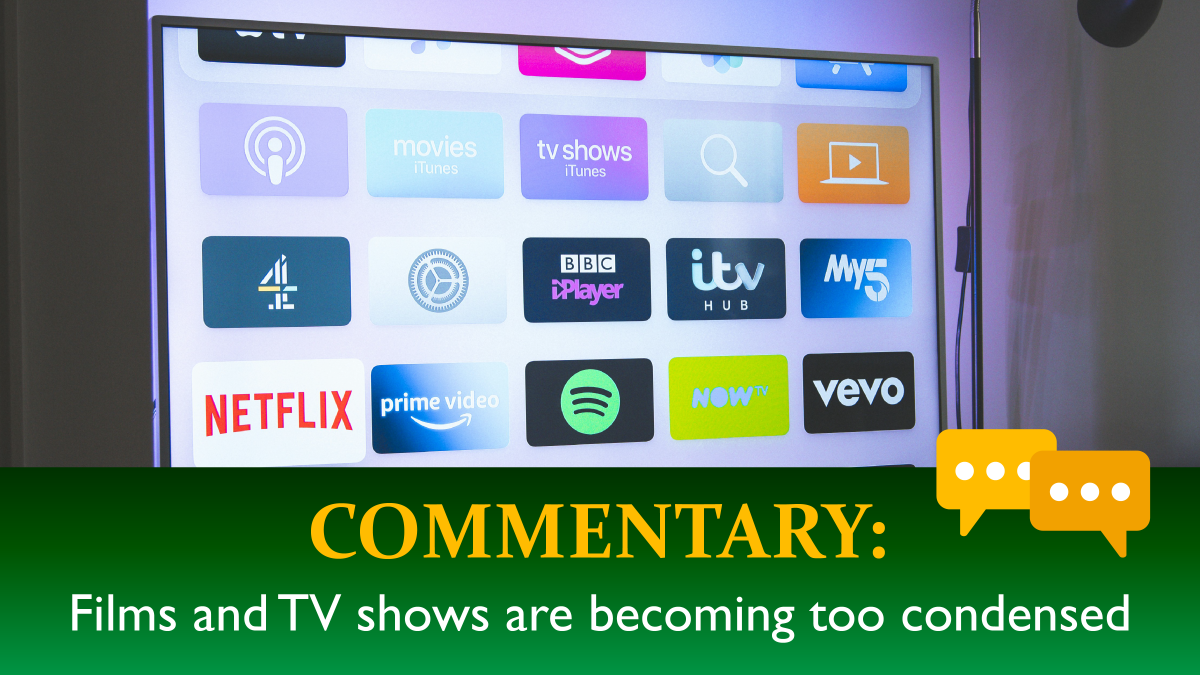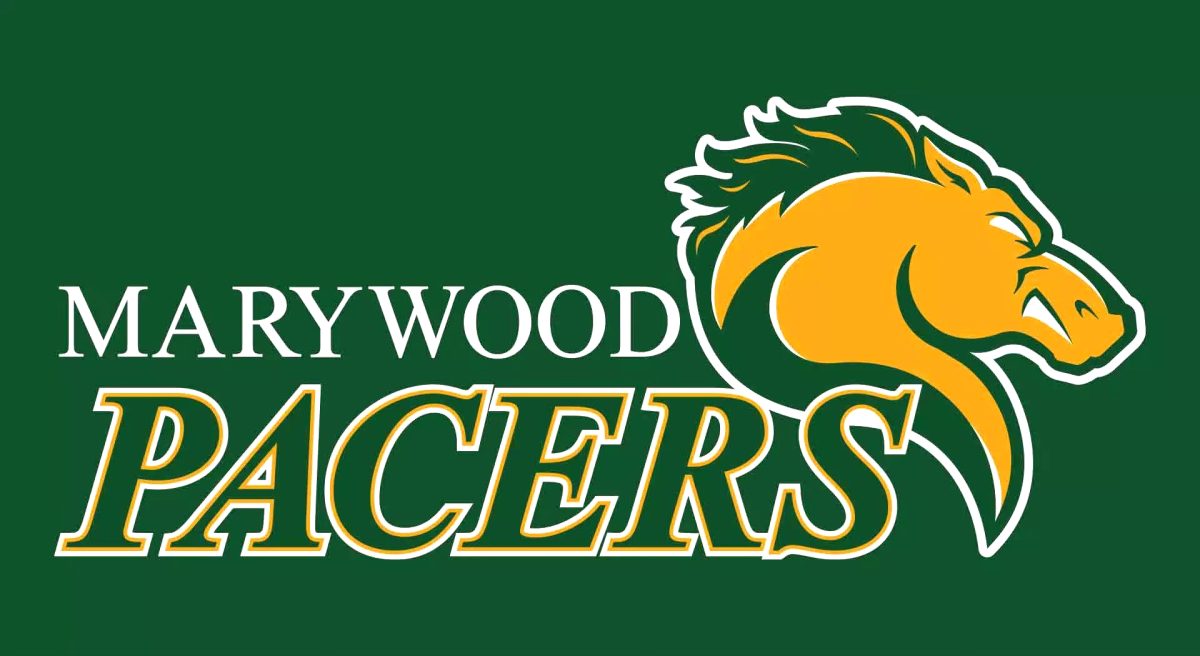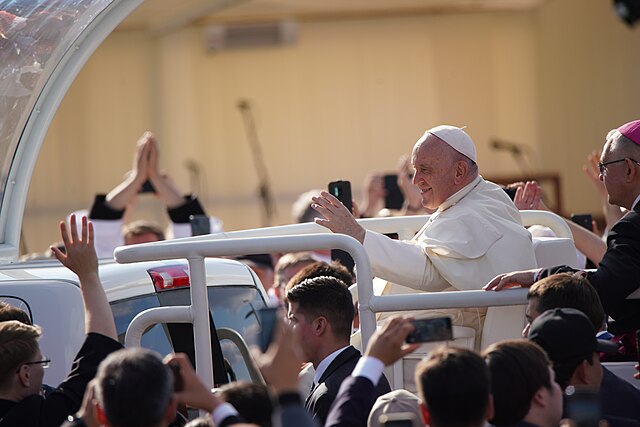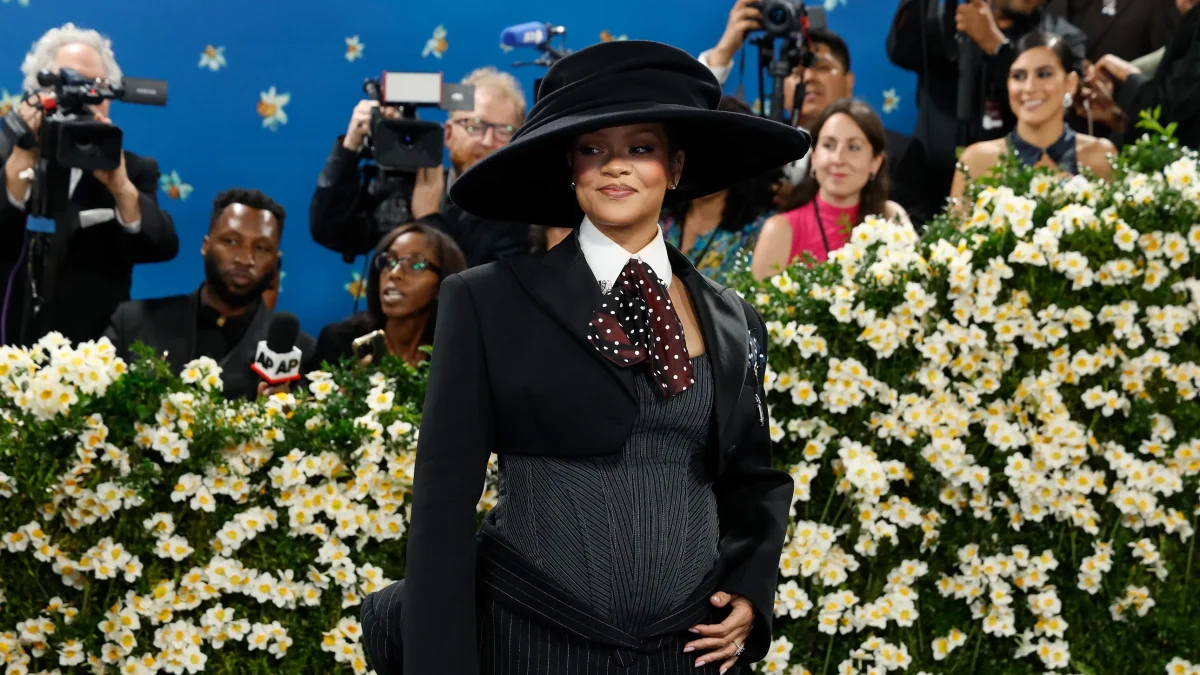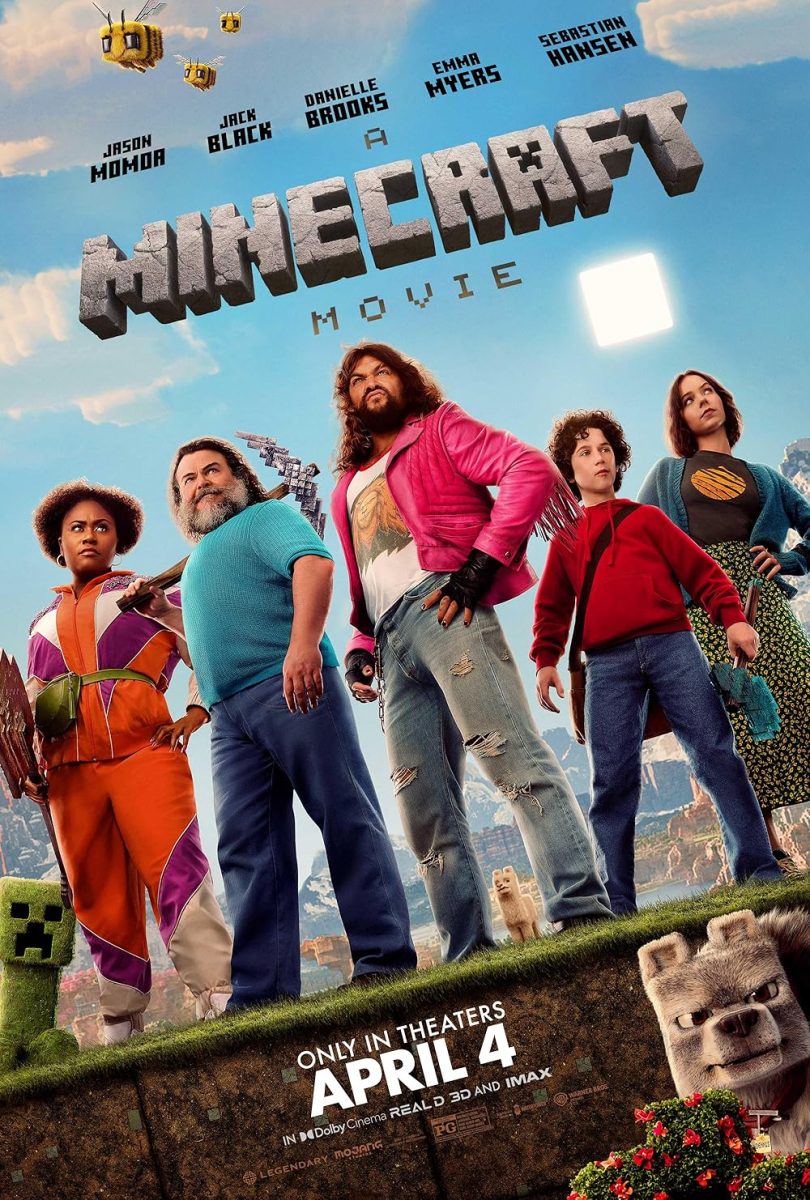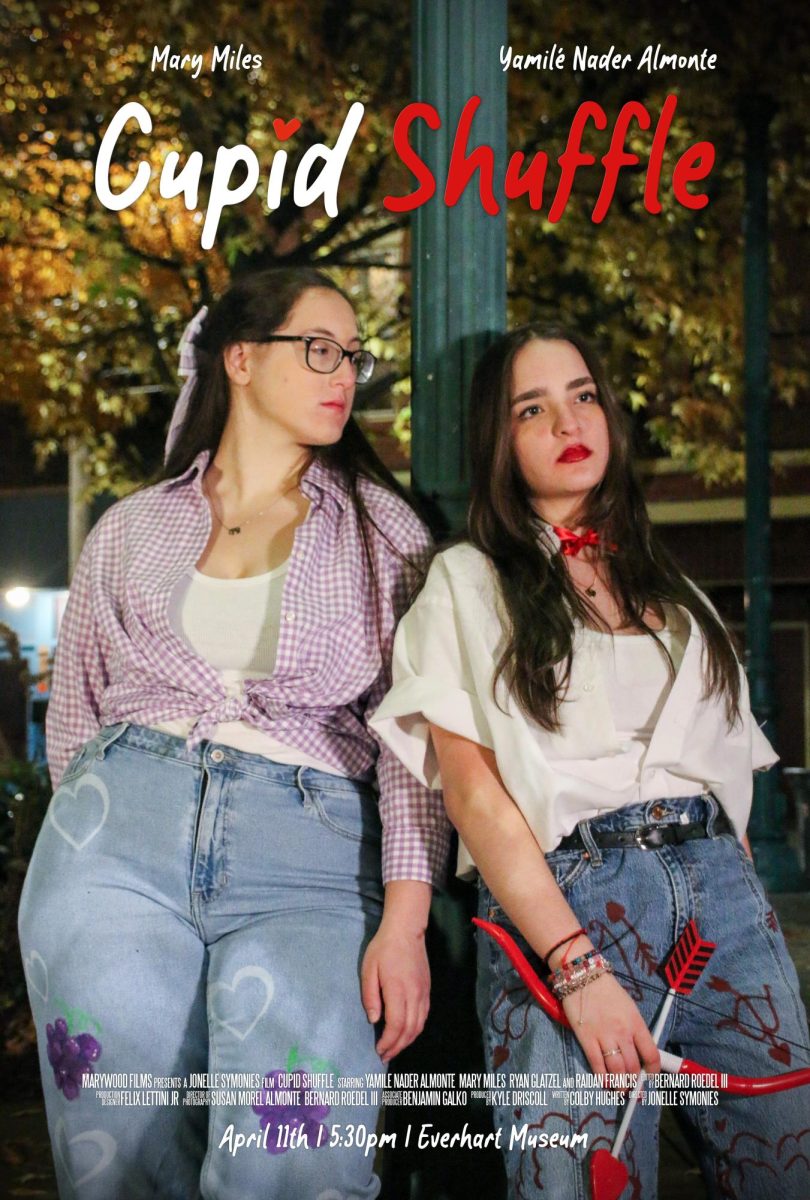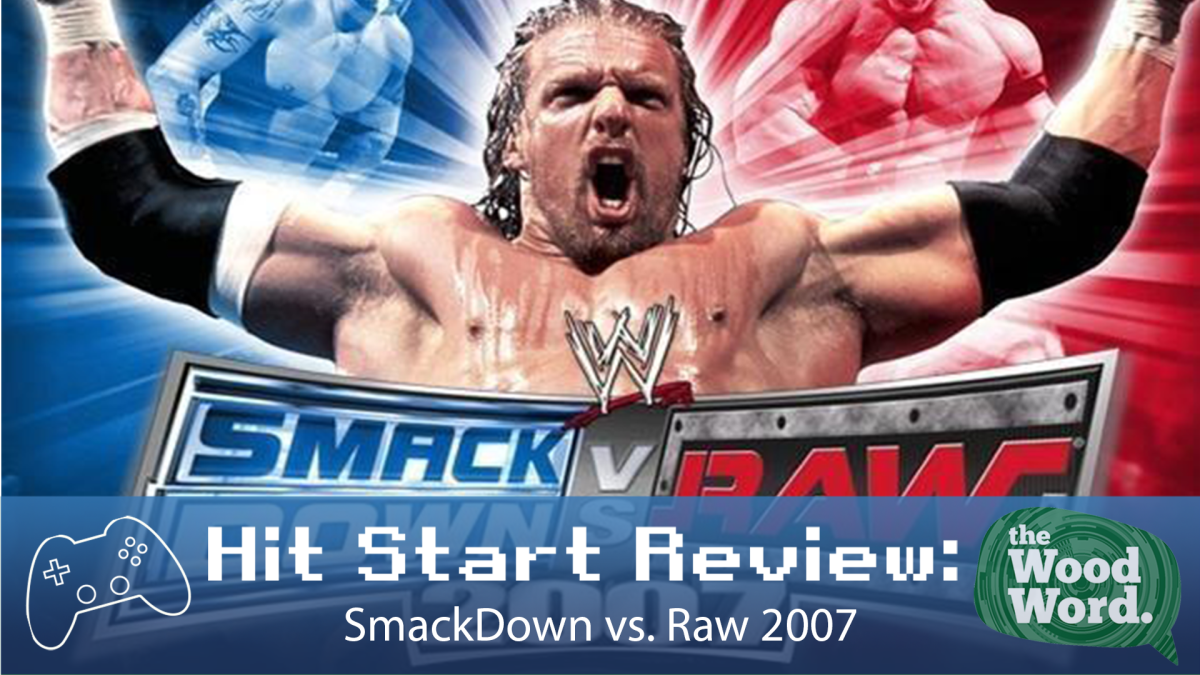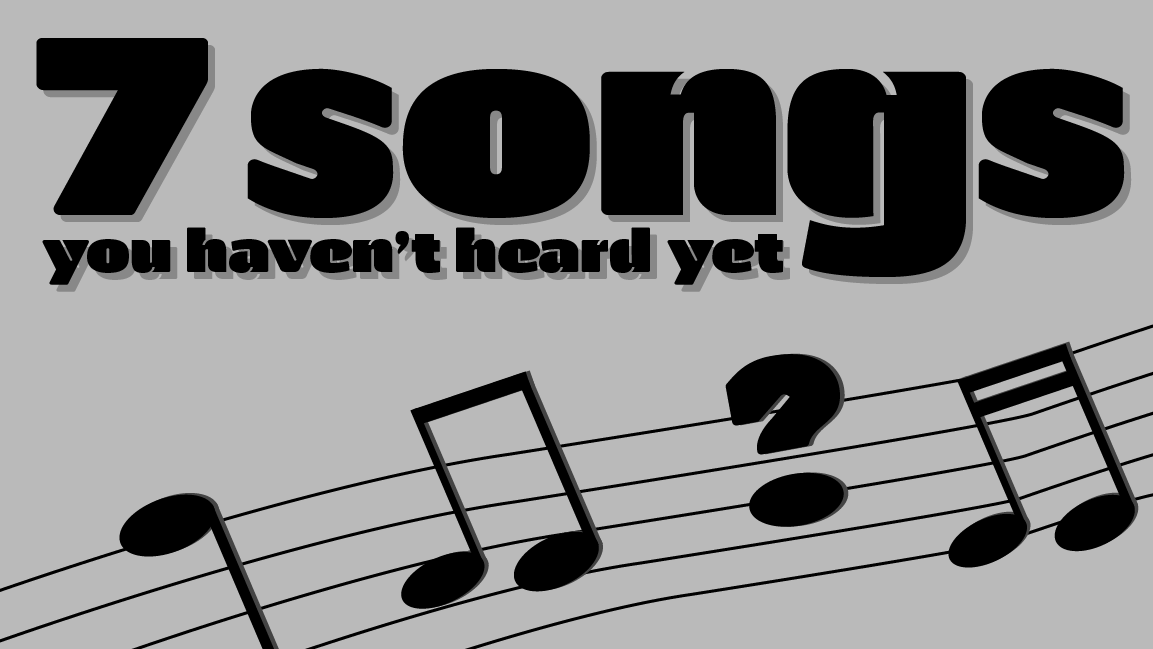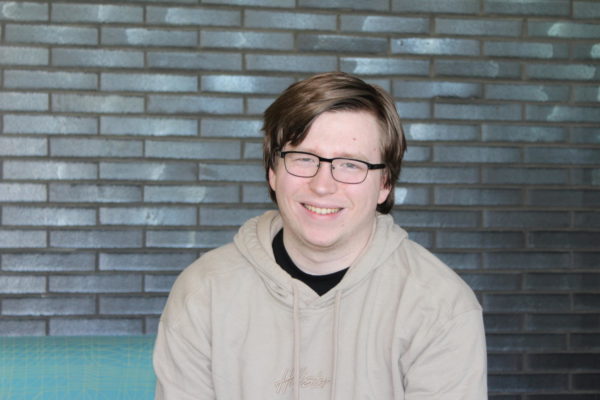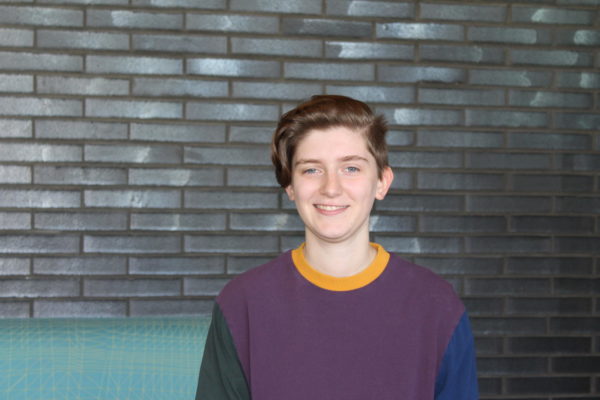In a time of streaming services and six-episode-series, is this idea of shortened entertainment doing more harm than good?
Ever since streaming platforms took over the entertainment industry, it’s become increasingly difficult for series to be more than eight or six episodes long, anymore. I feel that this new format has really hurt the medium in terms of character-based storytelling and worldbuilding, essentially speedrunning these concepts to satisfy that six-episode limit.
One of the first streaming series to implement the six-episode format was “Falcon and the Winter Soldier”from the Marvel Cinematic Universe, and this is a perfect example. This series tells the story of the world recovering from the events of “Infinity War” and “Endgame”, where half of the world was wiped out for five years and now that the half have returned. There is a group named the Flagsmashers that want to return the world to the open-borders mindset during that time period, even if it’s by force.
On top of that, Sam Wilson, the Falcon, was given Captain America’s shield to take on the mantle, but he feels unworthy of the title. He gives it to a museum, but winds up allowing the US military to create a new Captain America. This new soldier, John Walker, begins to descend into violence, resorting to taking an experimental Super Soldier serum to try and live up to the mantle. All of this is compressed into six 40-minute episodes.
To say this is far too large of a story to cramp into this time is an understatement, and the final product is damaged in my opinion because of this. For starters, Karli’s motives are flawed and aren’t ever given the chance to develop and be explored much due to everything else taking precedence. The Walker subplot was interesting, and they did well with the time they had, but I felt that they really should have picked one over the other and focused on that. Six episodes is nowhere near enough time to explore a plot like this one, and this is the case for many of the Marvel Disney+ shows.
Not every show under this format suffers this problem. Sometimes, six episodes is enough for the story itself. But another major problem is telling that story. What do I mean? It’s becoming increasingly noticeable that the six-episode-format suffers when it comes to “show, don’t tell”. We often have to sit through expositional monologues from characters to explain concepts that would take up too much time to be shown.
The recent “Percy Jackson and the Olympians” is a great example of this, despite having two extra episodes. Granted, the original book had these moments, but they were nowhere near as prominent. Also, the visual aspect of a show vs a book is important to consider. Another problem from “Percy Jackson” is the lack of tension. Almost every scenario is sped past with little to no drama. For example, the infamous Lotus Casino episode– which in the book was a dramatic moment where Percy was alone and began forgetting about his quest as well as his friends– became a rush to meet with the god Apollo, with Annabeth immediately figuring out the casino’s power. There’s no tension with that, we just watch as the characters do the thing and leave. This problem of the characters either already knowing what threat awaits them or immediately figuring it out left many, including myself, somewhat disappointed.
Another example of the “tell, don’t show” is sadly from the highly-anticipated “Walking Dead” spin-off, “The Ones Who Live”. There, we meet a character named Esteban, a consignee who is trying to join the Civic Republic, the largest safe-zone we’ve seen from the “Walking Dead Universe”. He immediately explains his role in the story, as a comedic character for the missing Rick Grimes to talk to. His dialogue also feels like it was the writers’ way of speeding past his introduction– with him literally saying that he spent exactly two years trying to get Rick to open up and that they have some sort of connection now. It felt very weak and more like a summary rather than proper dialogue. Thankfully, it’s only this one scene so far, and his next scene felt much better in terms of the dialogue.
In summary, my concern with the new six-episode-format for tv series is that it holds back creative potential, forces writers to try and speed through plot, character development and worldbuilding that all need much more time to breathe, and risks erasing tension just to get through the plot in time. But what can we do to fix this problem?
For starters, I think we need to stop trying to set a format and give these shows the episode number they need to tell their story appropriately. Looking at the examples listed above, I feel that “Percy Jackson”, with the original book having 22 chapters, could have fared better with about 11 episodes, with room to condense or expand certain aspects of the story. As for “Falcon and the Winter Soldier”, I feel like it could have been around episodes, with plenty of breathing room for its story and character-building. With “The Ones Who Live”, it’s hard to tell since the show currently has only one episode, but I feel that it’s also going to suffer from these problems in some way. Some shows are fine with six episodes as its maximum, but this should in no way be the new format going forward.
Contact the writer: [email protected]



